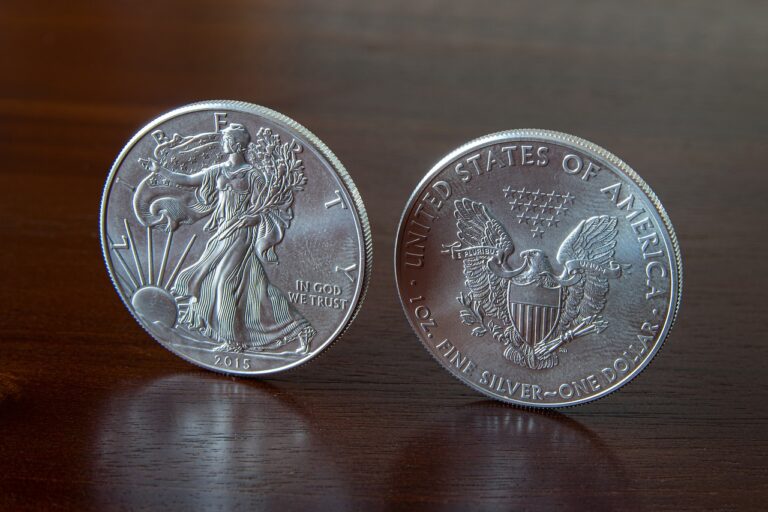Strategies for Reducing Water Waste in Chemical Manufacturing Processes: All panel, Cricbet99, Lotus365win login
all panel, cricbet99, lotus365win login: Chemical manufacturing processes often require a significant amount of water to carry out various reactions, clean equipment, and control temperatures. However, this reliance on water can lead to significant waste if not managed properly. In this article, we will discuss some strategies for reducing water waste in chemical manufacturing processes.
1. Conduct a Water Audit
The first step in reducing water waste is to conduct a thorough water audit of your manufacturing process. Identify areas where water is used, how much is being used, and where potential leaks or inefficiencies may be occurring. This will help you pinpoint areas where improvements can be made.
2. Implement Water Recycling Systems
One effective strategy for reducing water waste is to implement water recycling systems. These systems capture and treat wastewater for reuse in the manufacturing process. By recycling water, you can significantly reduce the amount of fresh water needed and decrease the amount of wastewater generated.
3. Optimize Cooling Systems
Cooling systems in chemical manufacturing processes can be a major source of water waste. By optimizing these systems through the use of more efficient equipment or adjusting operating parameters, you can reduce the amount of water needed for cooling purposes.
4. Use Water-Efficient Equipment
Another strategy for reducing water waste is to use water-efficient equipment in your manufacturing process. Look for equipment that is designed to minimize water usage while still maintaining operational efficiency.
5. Implement Process Improvements
Making process improvements can also help reduce water waste in chemical manufacturing processes. By optimizing processes to minimize water usage or finding alternative methods that require less water, you can make significant reductions in water waste.
6. Train Employees on Water Conservation
Lastly, training employees on the importance of water conservation and how they can contribute to reducing water waste can make a big difference. Encourage employees to report leaks or inefficiencies and regularly educate them on best practices for water usage.
FAQs
Q: How much water is typically used in chemical manufacturing processes?
A: The amount of water used can vary depending on the specific processes involved, but it is not uncommon for chemical manufacturing processes to use thousands of gallons of water per day.
Q: Are there any regulations regarding water usage in chemical manufacturing?
A: Yes, there are regulations in place that govern water usage in chemical manufacturing processes to ensure that water resources are protected and that wastewater discharge meets environmental standards.
Q: What are the benefits of reducing water waste in chemical manufacturing processes?
A: By reducing water waste, chemical manufacturers can lower their water bills, decrease their environmental impact, and improve their overall sustainability efforts.
In conclusion, reducing water waste in chemical manufacturing processes is not only beneficial for the environment but can also lead to cost savings and improved operational efficiency. By implementing the strategies mentioned above and staying mindful of water usage, chemical manufacturers can make a positive impact and contribute to a more sustainable future.







